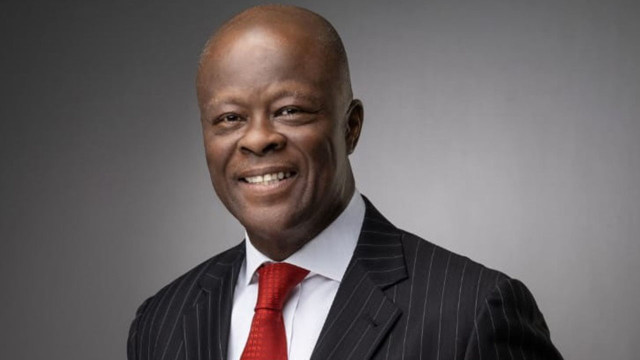The International Monetary Fund has said that countries across the world must prioritise productivity reforms to revive medium-term growth.
The IMF, in a piece on its website, stated that the global growth rate had slowed steadily since the 2008 to 2009 global financial crisis and without policy intervention and leveraging emerging technologies, the stronger growth rates of the past were unlikely to return.
That stance aligned with that of Nigeria’s Finance Minister, who at the public hearing of the Tripartite Committee on National Minimum Wage in Lagos in March, urged tech investment as labour sought a new minimum wage.
The IMF remarked that given headwinds, future growth prospects had also soared, with global growth projected to slow to just above three percent by 2029.
Despite the dampening outlook, the IMF enthused, “Our latest analysis shows that there’s hope. A variety of policies from improving labour and capital allocation across firms to tackling labour shortages caused by ageing populations in major economies could collectively rekindle medium-term growth.
“The key drivers of economic growth include labour, capital, and how efficiently these two resources are used, a concept known as total factor productivity. Among these three factors, more than half of the growth decline since the crisis was driven by a deceleration in TFP growth. TFP increases with technological advances and improved resource allocation, allowing labour and capital to move toward more productive firms.”
It added that focused policy actions to enhance market competition, trade openness, financial access, and labour market flexibility could lift global growth by about 1.2 percentage points by 2030.
The IMF added that artificial intelligence's potential to boost labour productivity is uncertain but “potentially substantial as well, possibly adding up to 0.8 percentage points to global growth, depending on its adoption and impact on the workforce.”




















